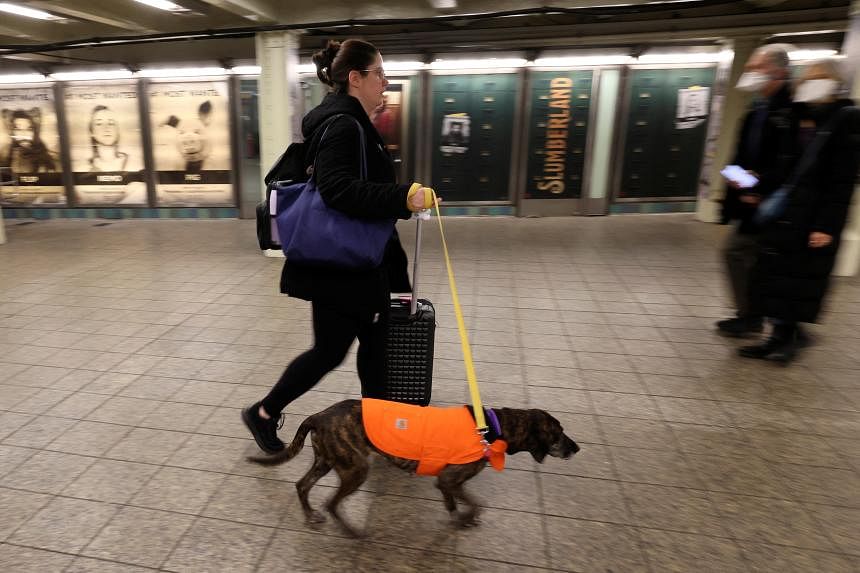A study by researchers at New York’s Marymount College has concluded there is a strong argument for leaving one’s shoes at the door, or risk bringing in bacteria from dog poop into the house.
They found about 31,000 faecal bacteria per travel-sized bottle of pooled rainwater on the city’s pavements, according to a report in The Guardian.
That density decreased in surface samples taken progressively further inside a building, and was higher on carpets than on adjacent uncarpeted flooring, the study said.
“Overall, our evidence indicates ubiquity of FIB (faecal indicator bacteria) on sidewalks, a translocation pathway via shoe soles and accumulation on indoor floor surfaces, particularly carpeted areas,” the study found.
“Taking your shoes off is a no-brainer,” the study’s co-author Alessandra Leri, a chemistry professor at Marymount, told the Gothamist, which is a New York news website.
But the study is interesting for how it was conducted.
It is also likely to add to debate and battle about dogs and their excrement between dog owners and those who monitor the city’s sanitation.
“There was a lot of crouching on the sidewalk with sterile pipettes,” Ms Leri told Gothamist.
For interior surfaces, researchers used tape to collect samples.
They then let the bacteria gorge on fluorescent nutrients that could be examined in the lab.
The researchers said they avoided taking samples from areas that were obviously contaminated.
Instead, they identified pavements that appeared clean.
Dog ownership in New York City exploded during the pandemic. And with the lifting of Covid-19 restrictions, a shortage of dog walkers has materialised as owners return to offices.
A recent New York Times article estimated that a “pet entrepreneur” – or dog walker – catering to the rich can earn more than US$100,000 (S$133,000) a year.
However, with more dogs comes an increase in faecal production.
The city’s authorities have vowed to crack down on pet owners who fail to properly “remove canine waste” with a fine of US$250.
The law does not apply to a guide dog accompanying a blind person.

